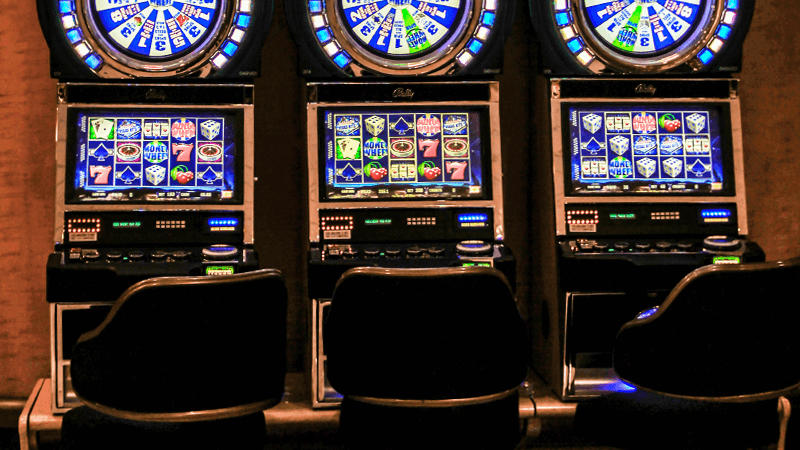A former gambling addict has spoken out about the harmful nature of Fixed Odds Betting Terminals (FOBTs) and called on the Government to take action against the machines.
Writing in The Independent, Matt Zarb-Cousin called for a reduction in the maximum stake on FOBTs.
Currently, gamblers can wager up to £100 every 20 seconds on the machines, known as the ‘crack cocaine’ of gambling.
Addicted at 16
Zarb-Cousin, who is now a spokesman for the Campaign for Fairer Gambling, said a reduction from £100 to £2 would “eliminate the viability of casino games on FOBTs” and make “such addictive games inaccessible in high street betting shops”.
He also shared his own experiences of becoming addicted to FOBTs aged 16 and said the location of betting shops on the high street made the machines “very accessible” for him.
“On many occasions I went out with no intention to gamble and then, upon seeing a betting shop, became ‘triggered’ to start gambling.”
‘Problematic’
Zarb-Cousin said the ability to bet large sums of money every 20 seconds and the sounds and visuals of the machines were factors that contributed to his addiction.
Although he acknowledged that he would also bet on football and the lottery, he highlighted FOBTs as being especially “problematic” for him.
His calls come shortly after former Cabinet Minister Iain Duncan Smith said the machines were a “tax on the poor” and can lead to “problem debt, crime and family breakdown”.
‘Spiral of poverty’
Speaking to the Daily Mail, Duncan Smith backed calls to lower the maximum stake and said it “will slow down the rate at which money can be lost”.
The former Secretary of State for Work and Pensions added: “We must reduce the number of people falling into this vicious spiral of poverty.”
Last week, a report showed that around a third of the 1.45 million gamblers who use FOBTs were also found to be at risk of becoming addicts.
Review
The Gambling Commission report came amid a Government review of FOBTs and gambling adverts on television.
It has been reported that the Department for Culture, Media and Sport is keen to lower the maximum stakes of the highly-addictive betting machines, but the Treasury is concerned it will reduce tax revenues.
The review’s findings are expected to be published in October.

